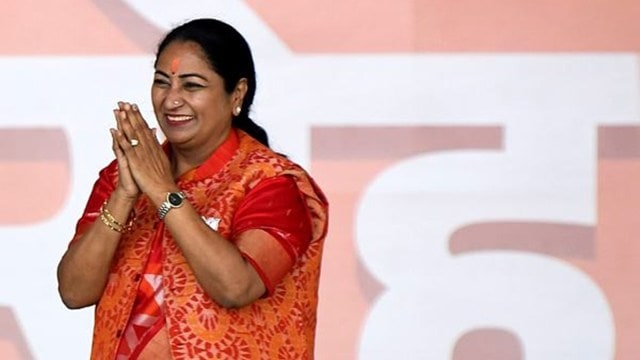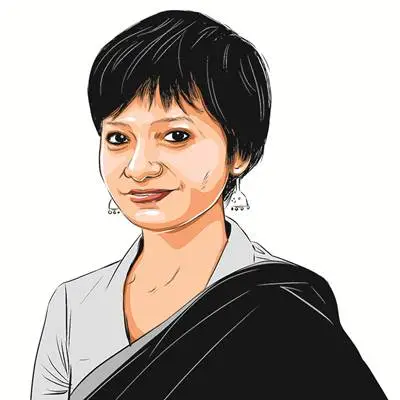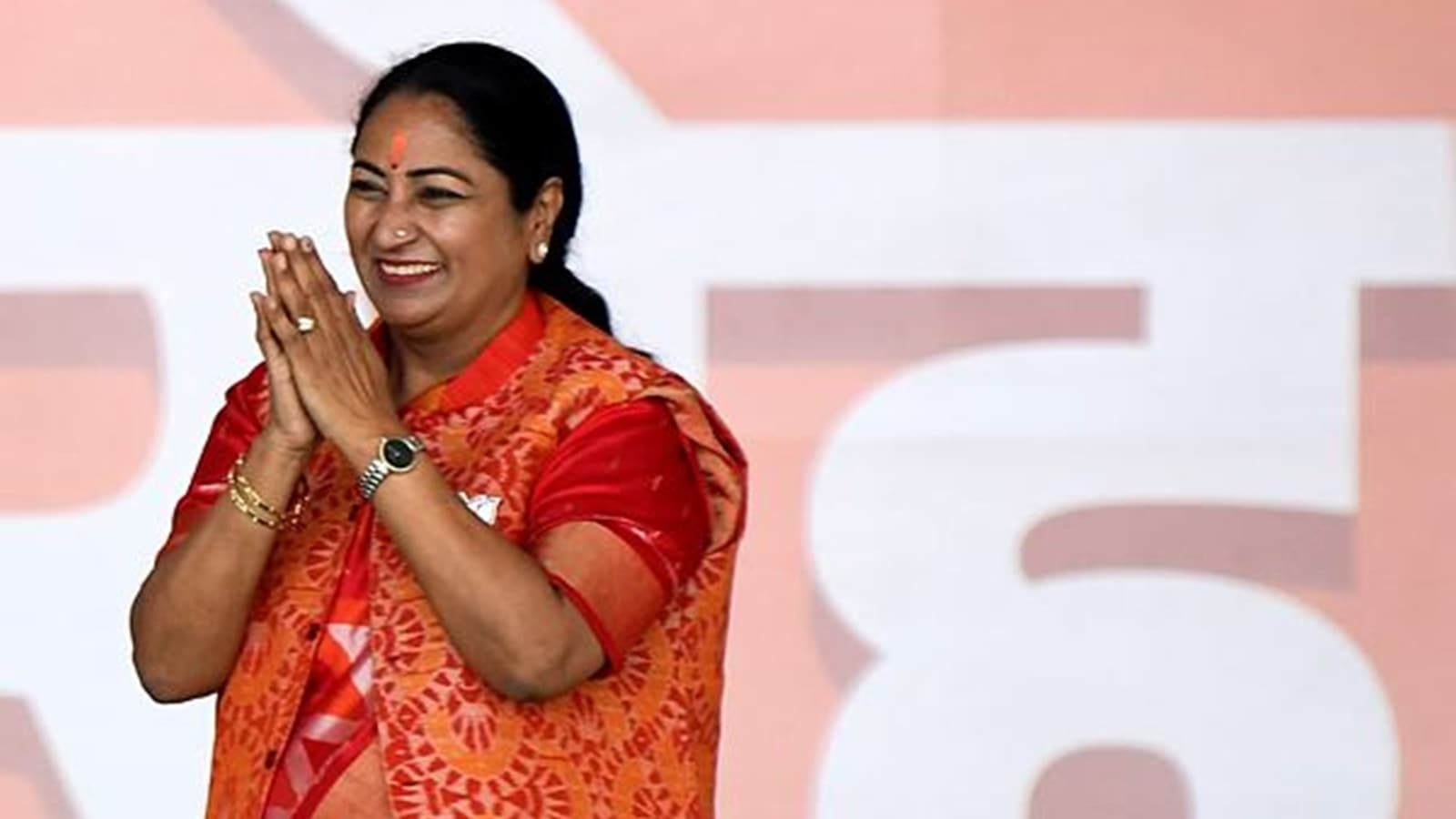

Feb 22, 2025 15:31 IST First published on: Feb 22, 2025 at 15:27 IST
Delhi got its fourth woman chief minister this week, and it has caused rifts in the liberal debate. Rekha Gupta’s path — from student politics to local governance to Chief Ministership — is being hailed as a triumph for women’s empowerment. However, the derogatory language she has allegedly used in the past for her political adversaries seems to paint an unflattering image. While I do not condone such language, I believe these two realities are mutually inclusive in the instance of Rekha Gupta and need to be viewed holistically.
It is no secret that women in politics face far greater challenges than their male counterparts. Data indicates there are only 13.8 per cent women in the current Lok Sabha. With the addition of Rekha Gupta, India now has two women chief ministers out of 30. The reasons for this under-representation of women are rooted in institutional sexism, patriarchal society, and policy failures.
Story continues below this ad
We live in a society that conditions girls and women to fit a certain stereotype. Right from childhood, they are often told to stay away from politics in the guise of keeping them safe from the murky world of politics. When they do enter politics, they are treated as second-class citizens. Despite having a seat at the table, they are relegated to the sidelines. More often than not, they self-censor for fear of being seen as ignorant. Even when women muster the confidence to speak, their voices are drowned out or often mansplained. They are judged for the clothes they wear or the company they keep.
In order to survive in such a highly patriarchal environment, women often conform. This can be explained using the lens of “patriarchal bargaining” coined by feminist scholar Deniz Kandiyoti in her seminal work Bargaining with Patriarchy published in 1988. Though the original study is set in familial and domestic contexts, I often use it to explain behavioural traits in politics. Patriarchal bargaining refers to the decision of a woman to fulfil the needs of patriarchy in order to get some personal benefit — it can be financial, social or emotional in nature. It is basically negotiating for a better position or power while still upholding the status quo of patriarchy. While this advances her stature within the ecosystem, it does nothing for the collective good of other women. It is basically a survival tactic.
This has been observed across the world in various forms. One recurring occurrence is the pitting of women against one another. Since men do not want to relinquish power or cede space to women, they use patriarchal bargaining as a tool to limit the representation of women, especially in politics. Tropes like “two women can’t work together” and “women are women’s worst enemies” are used to justify the appointment of only one or two women in committees or boards that typically consist of 80-90 per cent male members. This unwritten rule — limited seats for women — leads to conditioning of the women to pull each other down in a bid for survival. While one woman may win her space, she still needs to toe the line because the system remains the same. Without a critical mass of women fighting for change, patriarchy persists.
Story continues below this ad
Another common phenomenon is how women politicians have had to adopt masculine traits to be seen as tough and assertive so that they are taken seriously. Indira Gandhi underwent a major transformation, from being perceived as a “goongi gudiya” to an “iron lady”. Margaret Thatcher was known for being a strong-minded and uncompromising leader. Women leaders who didn’t exhibit such demeanour were painted as weak. To survive, many modelled themselves in the image of male leaders.
most read
I see Gupta’s journey in a similar light. In a statement, her son Nikunj spoke of her years of public service and the “mental and physical strains” of being in a difficult field like politics. Prominent male members of her political party often indulge in hate speech and derogatory comments. The party leadership has not chastised them. Gupta could very well have bargained with patriarchy and emulated the male members of her political party.
One may call it a personal failing or win based on their individual worldviews. For me, it is a result of systemic wrongs and a victory for patriarchy. History will repeat itself until society is reformed. We should hold our leaders to a higher standard of politics, refrain from gender stereotyping, and fight for more space for women in decision-making bodies. As women, we need to hold the door open for other women. There is strength in numbers. Until then, patriarchy will always win, in one form or another.
The writer is founder of Femme First Foundation and the lead author of The Fifteen: The Lives and Times of the Women in India’s Constituent Assembly.


